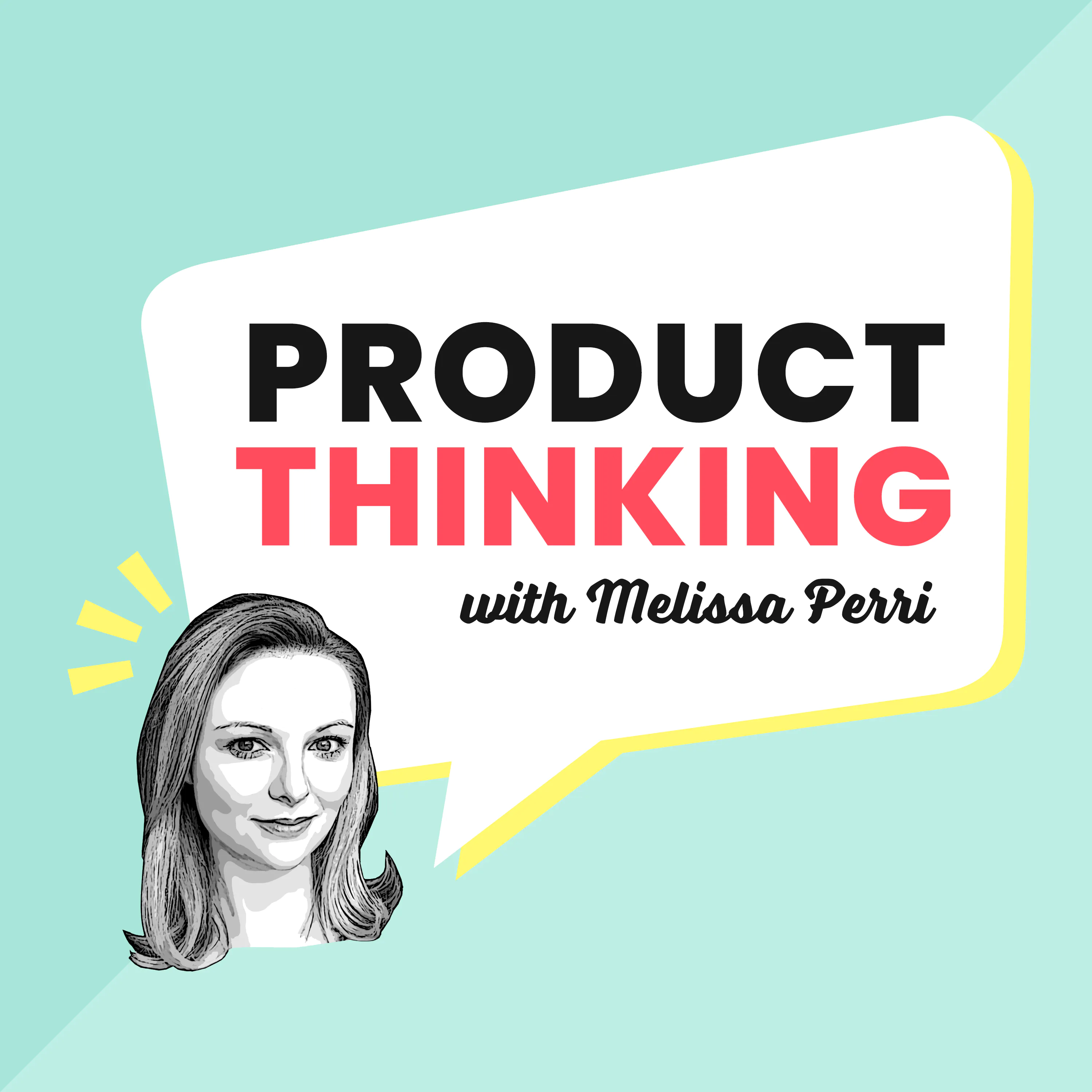Episode 150: The Evolution of Growth Hacking and Product Management in SaaS with Hiten Shah, Co-founder and CEO at Nira
December 20, 2023

In this episode of Product Thinking, Hiten Shah, Co-founder and CEO at Nira, joins Melissa Perri in the evolution of growth hacking and product management in the SaaS world. Hiten unveils the true purpose of growth hacking, modern marketing misconceptions around growth hacking and product-led growth, as well as the challenge of reconciling differing interpretations of the term Minimum Viable Product (MVP) in agile and business startup contexts.
In this episode of Product Thinking, Hiten Shah, Co-founder and CEO at Nira, joins Melissa Perri in the evolution of growth hacking and product management in the SaaS world. Hiten unveils the true purpose of growth hacking, modern marketing misconceptions around growth hacking and product-led growth, as well as the challenge of reconciling differing interpretations of the term Minimum Viable Product (MVP) in agile and business startup contexts.
Hiten has been involved in various software development and startup movements during his career, and has witnessed significant progress at the intersection of product, marketing, and SaaS. Since 2003, Hiten has started multiple SaaS businesses, two of which were very early in the product analytics space - Crazy Egg and Kissmetrics. Moreover, he has recently started his own podcast, The Hiten Show, which offers advice for start-ups in a call-in style.
If you enjoyed this episode, make sure to subscribe, rate, and review it on Apple Podcasts, Spotify, and Google Podcasts; instructions on how to do this are here.
You’ll hear them talk about:
- [11:57] - The original intent of growth hacking was about innovative and effective strategies to improve user conversion and business growth. However, over time, it evolved into a marketing add-on for quick, superficial tricks, often termed "growth hacks." Such tactics tend to become less effective as they saturate the market. There are no magic shortcuts to success; winning growth strategies require thoughtful, sustained effort and evolve as platforms and consumer behavior change.
- [16:10] - The product-led growth concept is rooted in fundamental product strategy rather than its distinction from growth hacking or product management. Often perceived as a new or different approach, product-led growth is essentially a rebranding of product strategies that have always been integral to successful products. Looking at platforms like PayPal and Slack, what we now label as product-led growth or growth hacks were simply effective, timely product strategies in the past. The core of product-led growth lies in creating features and functionalities that encourage users to draw others into the product experience.
- [22:50] - In time, the gap between the tactical, step-by-step approach to customer development and product-led growth and the less structured methodologies prevalent today has widened. In the past, frameworks were pressure-tested, resulting in actionable strategies that guided businesses effectively. However, today, while there's an abundance of information, it lacks the clarity and direction that once came from experts such as Sean Ellis and Eric Ries. Unfortunately, current approaches often miss this educational, hands-on aspect, leading to various misconceptions and a lack of clear guidance.
- [36:33] - Regarding the clash between the traditional agile perspective, which views the Minimum Viable Product (MVP) as the first iteration, and the startup approach, which sees it as a tool for learning and experimentation, Hiten advises product managers struggling with strict interpretations of MVP within their organizations to apply sales techniques like objection handling and the "Challenger Sale" framework. A PM should engage in open discussion to understand the underlying reasons behind a leader's uncompromising stance on MVP.
Episode Resources:
If you enjoyed this episode, please visit:
Previous guests include: Shruti Patel of US Bank, Steve Wilson of Contrast Security, Bethany Lyons of KAWA Analytics, Tanya Johnson Chief Product Officer at Auror, Tom Eisenmann of Harvard Business School, Stephanie Leue of Doodle, Jason Fried of 37signals, Hubert Palan of Productboard, Blake Samic of Stripe and Uber, Quincy Hunte of Amazon Web Services
Check out our Top 3 episodes:
Check out our Top 3 episodes:
- Episode 177: The Evolution of User Research: A Conversation with Steve Portigal, Author of Interviewing Users
- Tackling Product Research with C. Todd Lombardo
- Episode 128: Scaling Product Operations with Blake Samic, Former Global Head of Product Operations at Stripe and Uber
Product Thinking is handcrafted by our friends over at: fame.so
Product Thinking Guest and Audience Podcast Feedback Form
Product Thinking Guest and Audience Podcast Feedback Form